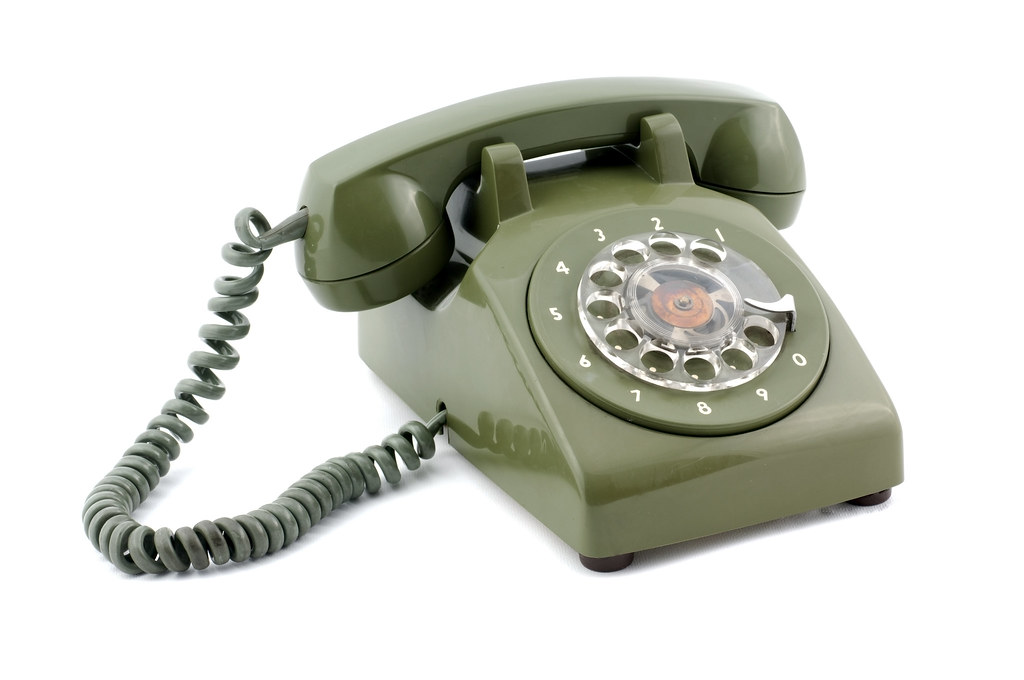
Ring, ring, ring! No it isn't your phone. It's Lyme disease calling. As if the joint pain, swelling, and fatigue weren't enough, tinnitus often accompanies other Lyme symptoms. Sometimes it will go away with antibiotic treatment. I have symptoms of tinnitus that fluctuate in volume and intensity. Occasionally, the symptoms will disappear completely for a day or a few hours. Sometimes it will only be in one ear, but most days it is both ears. I am trying an herbal that has helped some with this problem. I have also read that zinc supplements often help. For some reason, my tinnitus seems to go away for a short time just after drinking coffee. I don't know if it is the caffeine or the warmth of the coffee that offers temporary relief. So far, nothing that I have tried is offering permanent cure.
Here is an article related to tinnitus that may help:
http://sinusitisblog.com/2014/09/mystery-lyme-disease/
Aa link to a Facebook page that has Yoga poses for tinnitus, herbal remedies, oils, and other tips for curing tinnitus is below.
https://www.facebook.com/Help-Each-Other-Tinnitus-1536106870000040/timeline/
How to improve hearing loss and tinnitus symptoms:
http://www.healthyfoodhouse.com/these-natural-remedies-will-improve-your-hearing/
